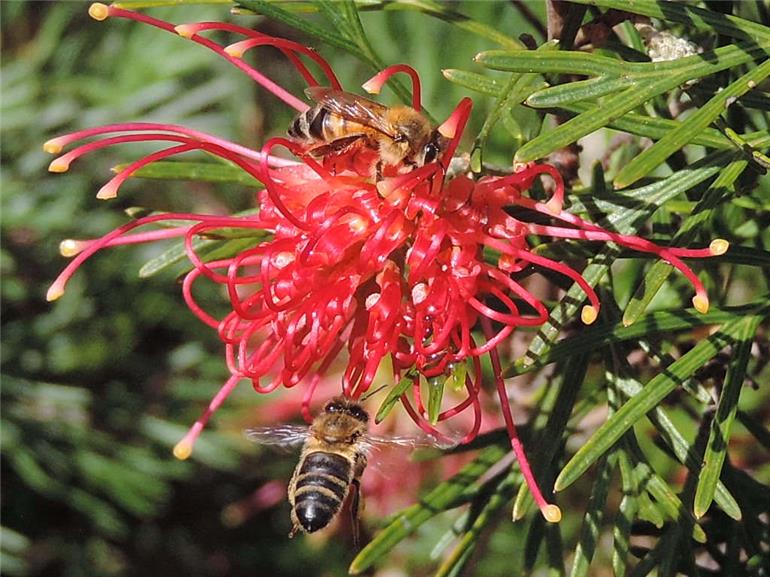How can we trust that drugs recommended by our doctors are what's indeed best for us? While being put onto a Watch and Wait 'treatment plan' can be stressful after receiving a cancer diagnosis, at least we can be reassured that in that case, studies have shown that non-treatment will give us a better health outcome than tackling CLL/SLL with drugs that on balance, do no not extend our lives and are likely to reduce the quality of our lives. (Meanwhile we live in hope that for those of us that needed FCR treatment, that chemotherapy regime may indeed extend our lives and for a few with the right genetics, even cure us of CLL. Plus there are all the new non chemo treatments that we have a high expectation will be game changers.)
But for our other ailments that tend to increase as we age, not to mention our higher likelihood of requiring treatment for the more frequent infections that are often part and parcel of CLL, can we trust the research?
Adam Dunn, Senior Research Fellow at UNSW Australia and Florence Bourgeois, Assistant Professor of Pediatrics at Harvard University, write on how research involving pharmaceutical company input can be compromised, using as an example drugs said to minimise the impact of the flu, i.e. Tamiflu and Relenza.
After reviewing 26 systematic reviews on this class of drugs, the above authors found that "reviewers with financial ties to drug manufacturers overwhelmingly decided the drugs were safe and effective while those without ties were considerably more reserved about their value.":
theconversation.com/what-ki...
There are some very informative comments after the article, too.
Hence it is always a good idea to check the Disclosure Statement on any academic/research paper or article for indications of a possible Confict of Interest. Note the Disclosure Statement accompanying the above article:
Adam Dunn receives funding from the National Health & Medical Research Council.
Florence Bourgeois receives funding from the National Institute of Health in the USA.
UNSW Australia is not a member of The Conversation and does not financially support the project
Some related articles:
Drug research data; drug companies under pressure
healthunlocked.com/cllsuppo....
Fluoroquinolones: The Deadliest Antibiotics on the Market?
healthunlocked.com/cllsuppo...
Neil
Photo: European honey bees feeding on an Australian grevillea

